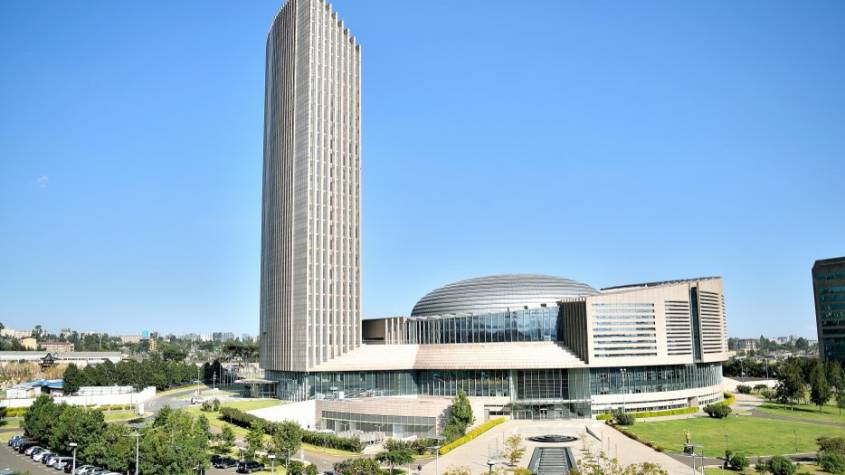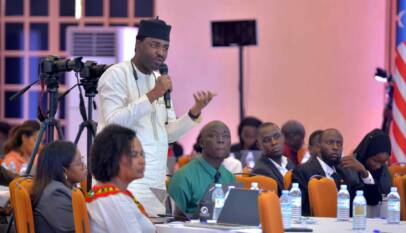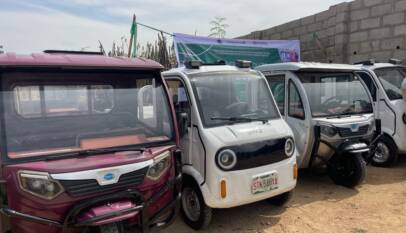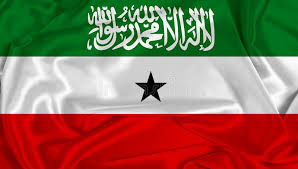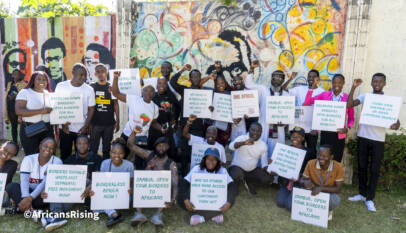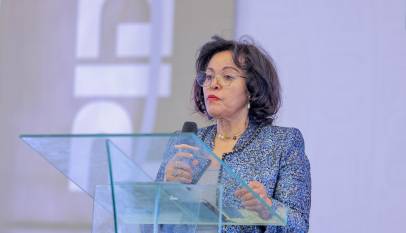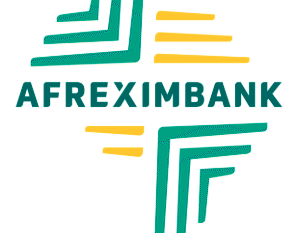AU Hosts Roundtable on Media’s Role in Democratic Socialization in Africa
The African Union Department of Political Affairs, Peace and Security (DPAPS) is set to convene a two-day roundtable discussion on the role of the media in democratic socialization in Africa, come May 3 – 4 in Nairobi, Kenya.
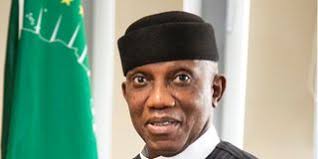
The two-day roundtable will consolidate approaches to improving the socialization of democracy as a culture and practice, especially among young African citizens. The AU is hosting the roundtable with International IDEA and the Electoral Institute for Sustainable Democracy in Africa (EISA).
The roundtable is premised on the media’s complementary role in Africa’s democratization efforts by creating a platform for democratic actors and the media to explore intersectional issues and common interests in promoting democracy on the continent. The convening will also assess challenges and opportunities for building more resilient democracies, leveraging the media.
The convening also seeks to redefine the role of the media in building a strong democratic culture: citizens with a sense of responsibility towards democratic consolidation. It will also focus on designing an implementation matrix of interventions collectively by democratic actors and the media in Africa’s democratization process.
The AU believes strong democracies thrive on a strong political culture or socialization, which has been defined as “the process by which people learn about their government and acquire the beliefs, attitudes, values, and behaviors associated with good citizenship.” Likewise, strong democratic processes and institutions, complemented by a well-informed young population, can drive Agenda 2063 goals, particularly in the areas of governance, peace, and security.
The AU believes the media have played a central role at the height of Africa’s struggle for democracy, serving either as a channel to transmit and popularize narratives or as an agenda-setting instrument independent of the protagonists’ interests. “In its multifaceted forms (mainstream and alternative, traditional and new/ digital, private and public, including opinion leaders and influencers), the media have been the primary force in socializing society to new norms, customs, and practices surrounding democracy.”
Yet, the media in its current diverse forms is a double-edged sword: it opens the door to both positive and negative influences of pre-determined narratives on democracy. “Unfortunately, the evolution of media, particularly with the advent of new technologies like artificial intelligence, exposes citizens to the excesses of misinformation, disinformation, and fake news, which can inadvertently have lasting negative implications on how society is socialized toward democracy,” says the AU.
Ahead of the roundtable, the AU will be hosting a session on May 3 in commemoration of World Press Freedom Day 2025. Speakers at the session will include Ambassador Bankole Adeoye, Commissioner for Political Affairs Peace and Security; Mr. Erick Charles Eduor, Secretary General of Kenya Union of Journalists and Federation of Eastern Africa Journalists (FEAJ); Ms. Misako Ito, UNESCO Regional Advisor for Communications and Information; Mr. Omar Faruk Osman, President, Federation of African Journalists (FAJ).

